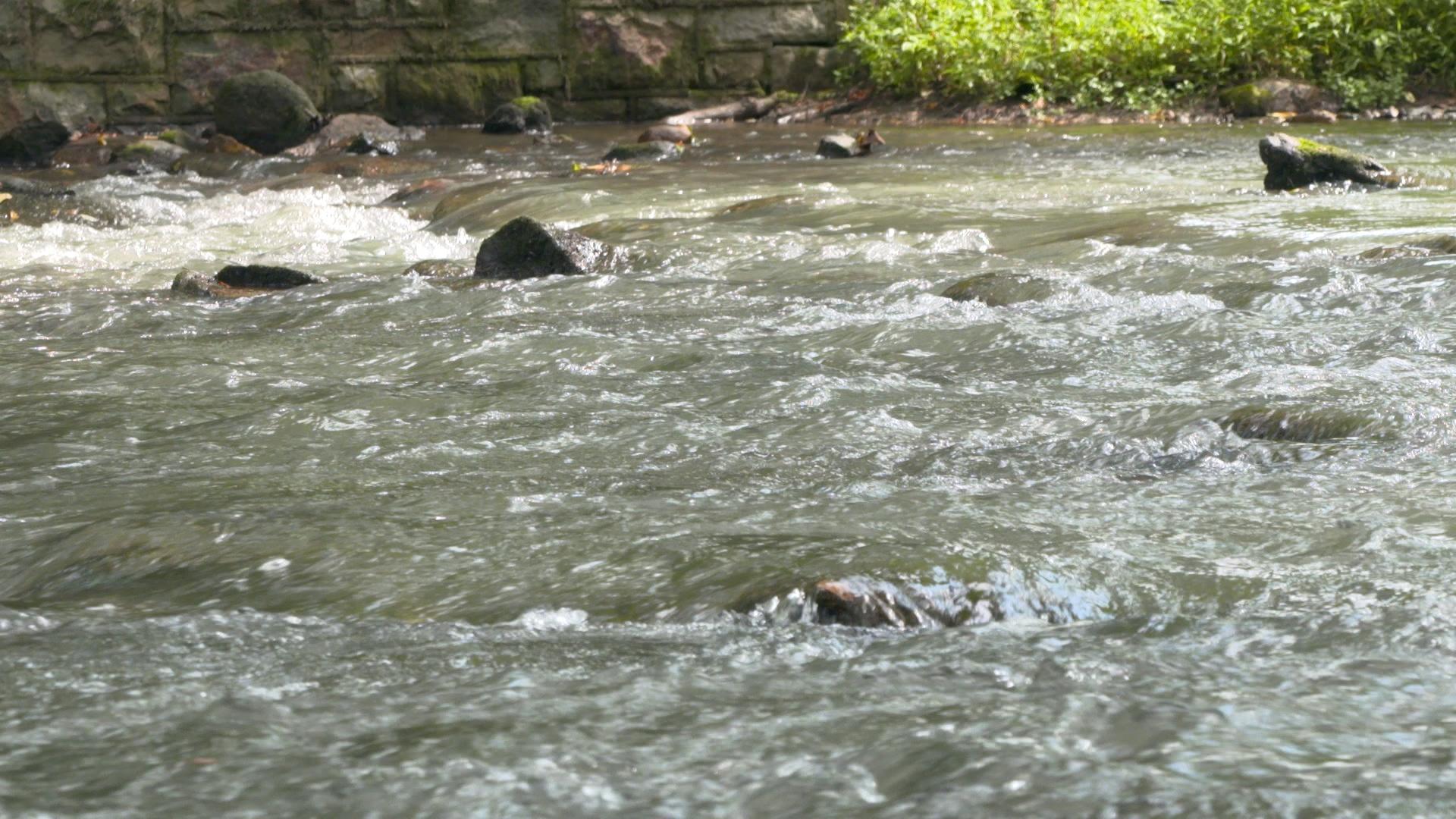LEHIGH VALLEY, Pa. (WLVT) - The United States Environmental Protection Agency issued Newark, New Jersey a letter on Aug. 9 ordering the city to issue bottled water to residents who have lead pipes, after determining the city-provided filters were not properly removing lead. Because of this, PBS39 checked in with local government officials in the Lehigh Valley to find out what procedures are in place to avoid a lead water crisis.
“Water coming from the sources in the Lehigh Valley are lead free,” said Susan Sampson with the Lehigh County Authority, who treats and supplies water for Lehigh County and other nearby areas. Because Lehigh County has a good track record for having lead-free water, Sampson said they are only required to test every three years, as opposed to every year.
Rebecca Kennedy with the Watershed Coalition of the Lehigh Valley said at one point in time, several decades ago, lead was the standard for paint and pipes for a house. “Lead made a really great plumbing material,” said Kennedy. “But it leaches lead when the drinking water that’s flowing through the pipes is corrosive.”
The EPA suggests that houses built before 1978 have a good chance of containing lead-based paint, which can end up contaminating drinking water. If your house was built before 1986, there is also a strong chance your pipes are made of lead. Sampson said if you are unsure whether or not your home pipes are causing lead to get into your drinking water, have a certified plumber check for you.
Click
here to visit the EPA’s website for more information on how lead can get into your drinking water.
As for overall water contamination, Sampson said the following tips can help you keep water clean:
- Wash your car at a car wash, and not at home
- Pick up after your pet
- Limit - or eliminate - the use of chemical fertilizers
- Do not flush expired or unwanted medication down the toilet
- Take used oil or antifreeze to a service station or recycling center
- Avoid using antibacterial soaps or cleaning products
- Dispose of chemicals such as paints, bug/pest repellants, and other hazardous wastes properly
- Dispose of fishing line, hooks, packaging, and bait cups in the trash
For more detailed information on these tips, click
here for the Lehigh County Authority's website, which also contains information about water quality reports.




